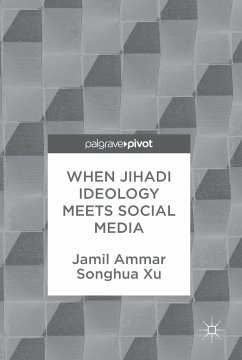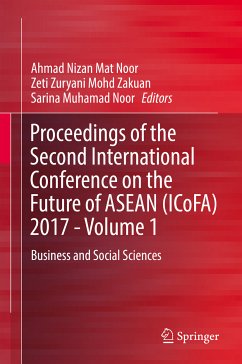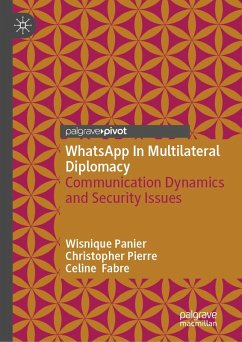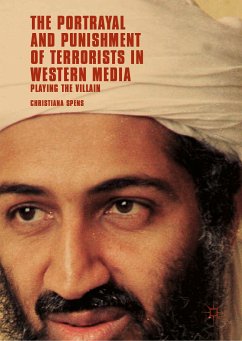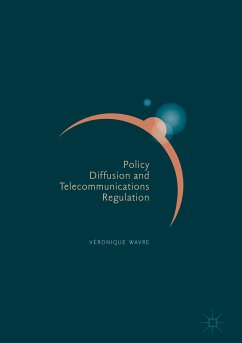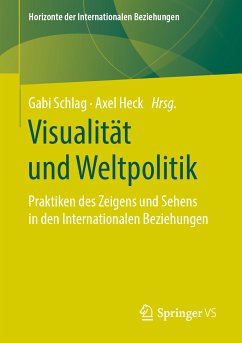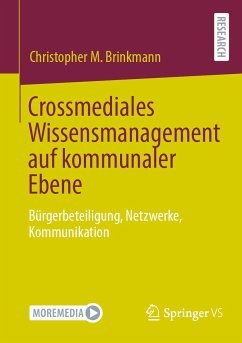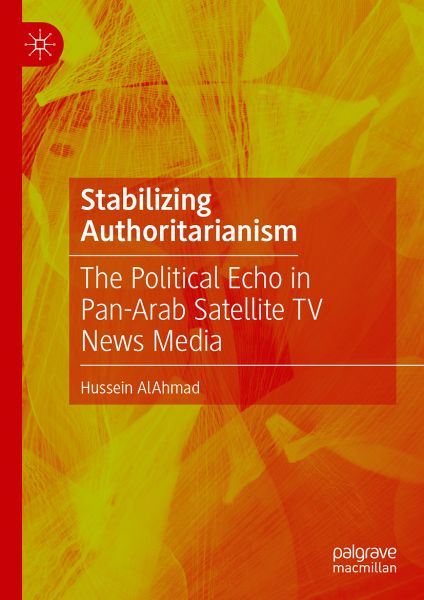
Stabilizing Authoritarianism (eBook, PDF)
The Political Echo in Pan-Arab Satellite TV News Media
Versandkostenfrei!
Sofort per Download lieferbar
112,95 €
inkl. MwSt.
Weitere Ausgaben:

PAYBACK Punkte
56 °P sammeln!
The book explores the close relationship between media institutions and power elites in Arab societies. This relationship exists within an unprecedented state of competition among global powers for influence and control over necessary resources and consumer markets in the Middle East. These conflicts still ravage these societies, including Palestinian society, designated as a region characterized by "organized chaos," dominated by multiple forms of increasing political instability and complex sources of internal turmoil. Taking the specificity of the Palestinian internal conflict as a case stu...
The book explores the close relationship between media institutions and power elites in Arab societies. This relationship exists within an unprecedented state of competition among global powers for influence and control over necessary resources and consumer markets in the Middle East. These conflicts still ravage these societies, including Palestinian society, designated as a region characterized by "organized chaos," dominated by multiple forms of increasing political instability and complex sources of internal turmoil. Taking the specificity of the Palestinian internal conflict as a case study, the book explores the interrelationships between power elites at the three levels of international, regional, and domestic politics, via the news message of satellite TV news media outlets. This book will interest scholars of the Middle East, of media and authoritarianism, and of the sociology of the Arab world.
Dieser Download kann aus rechtlichen Gründen nur mit Rechnungsadresse in A, B, BG, CY, CZ, D, DK, EW, E, FIN, F, GR, HR, H, IRL, I, LT, L, LR, M, NL, PL, P, R, S, SLO, SK ausgeliefert werden.



